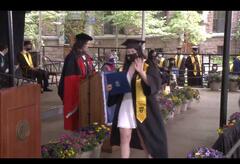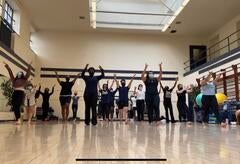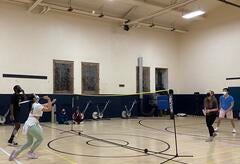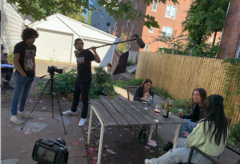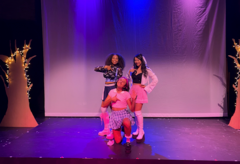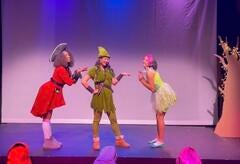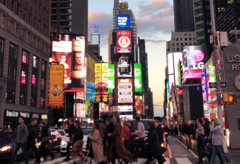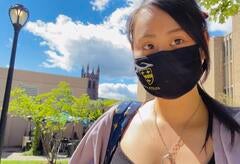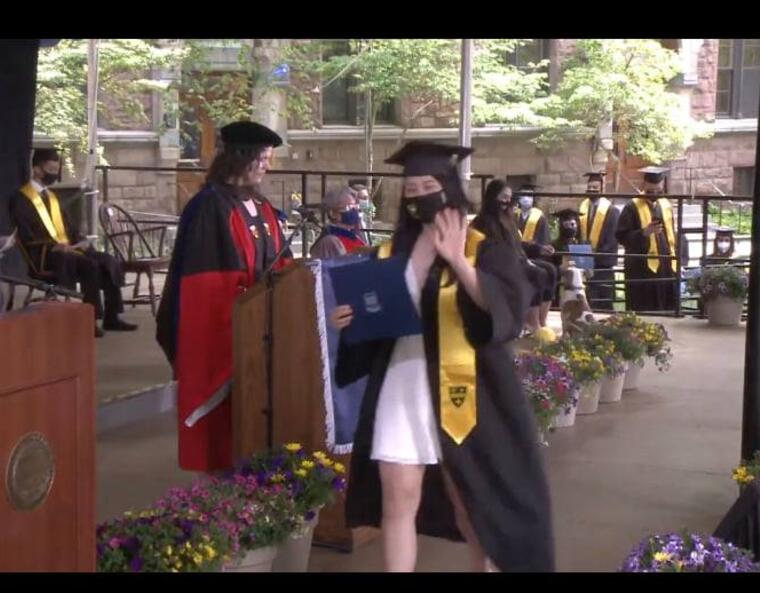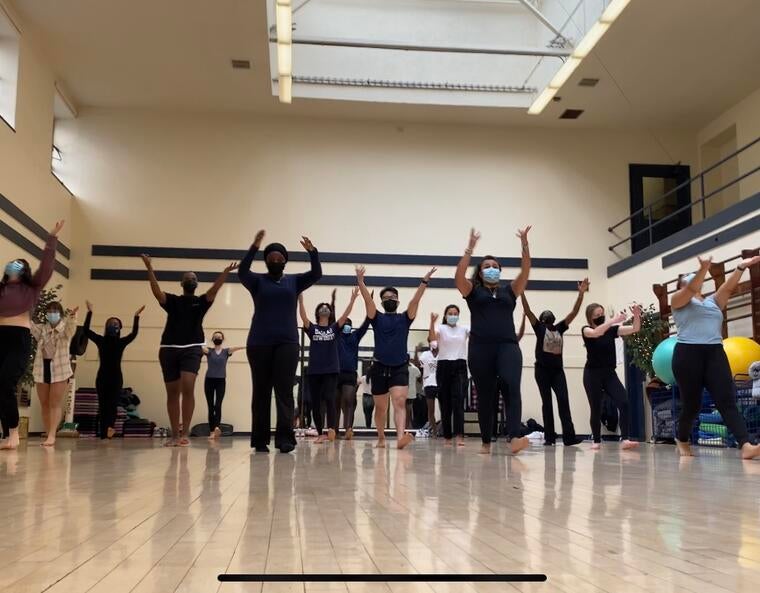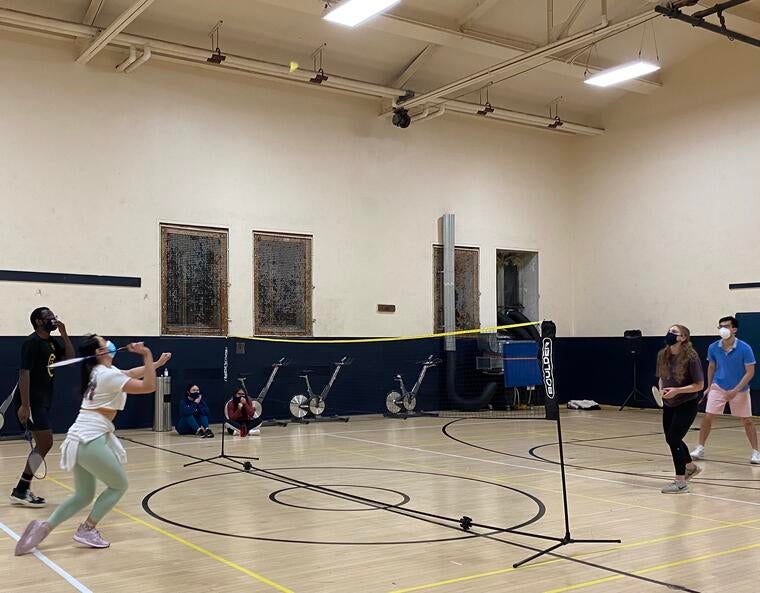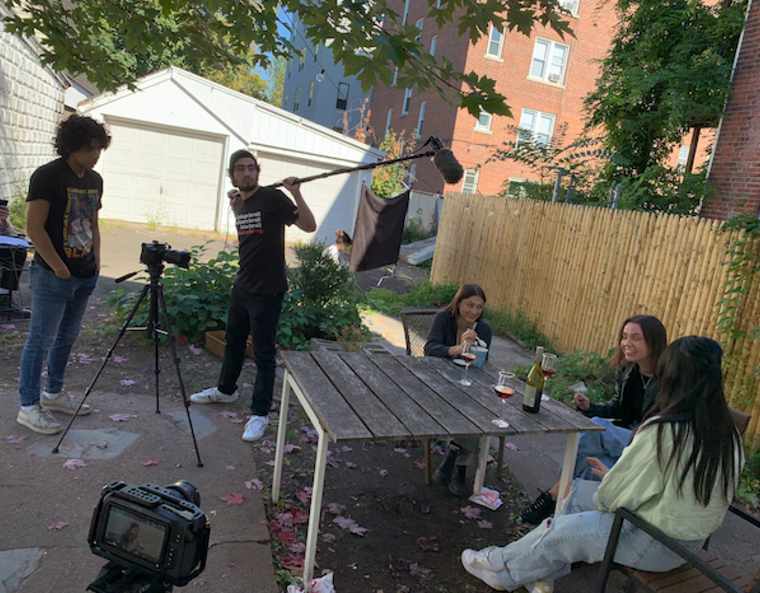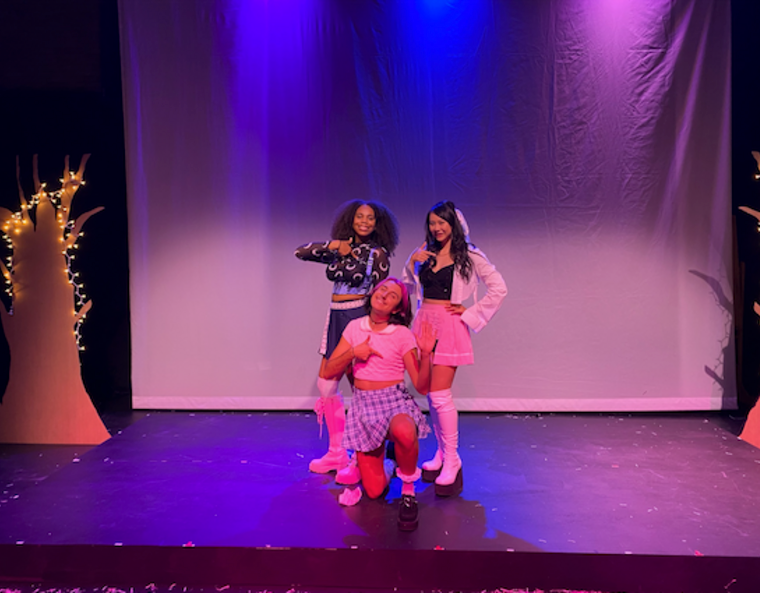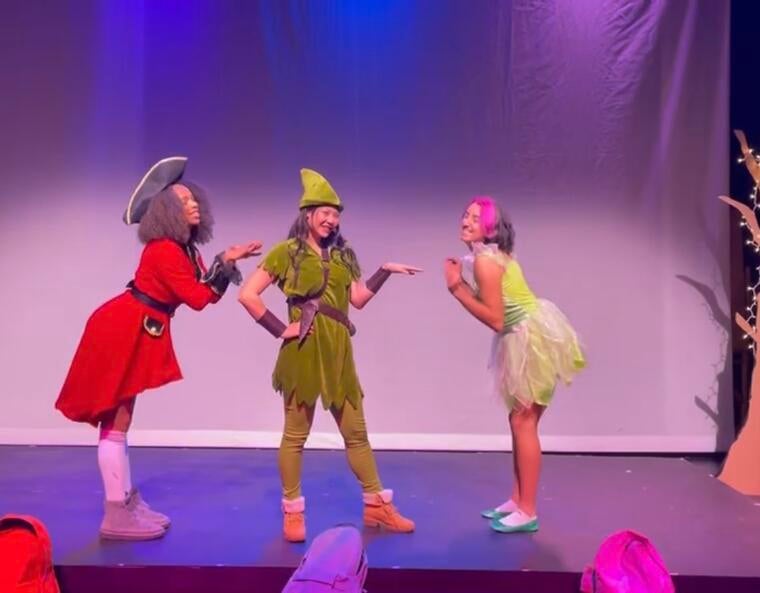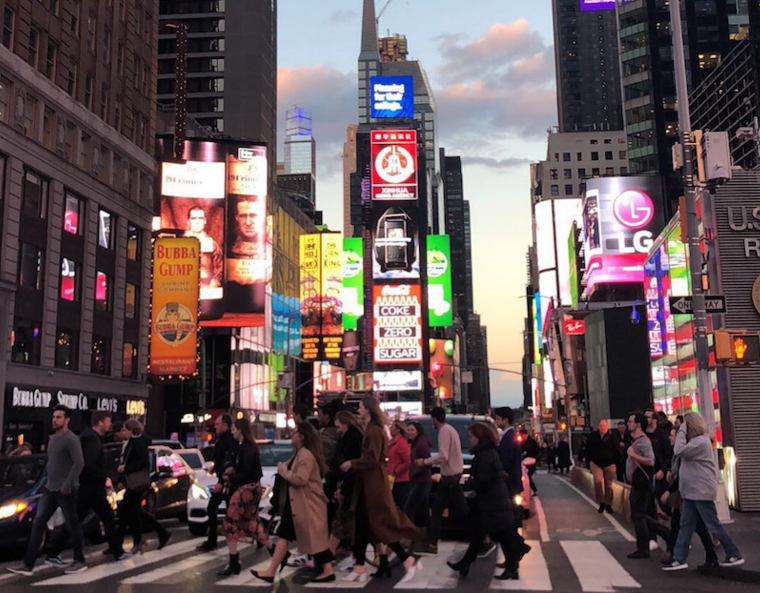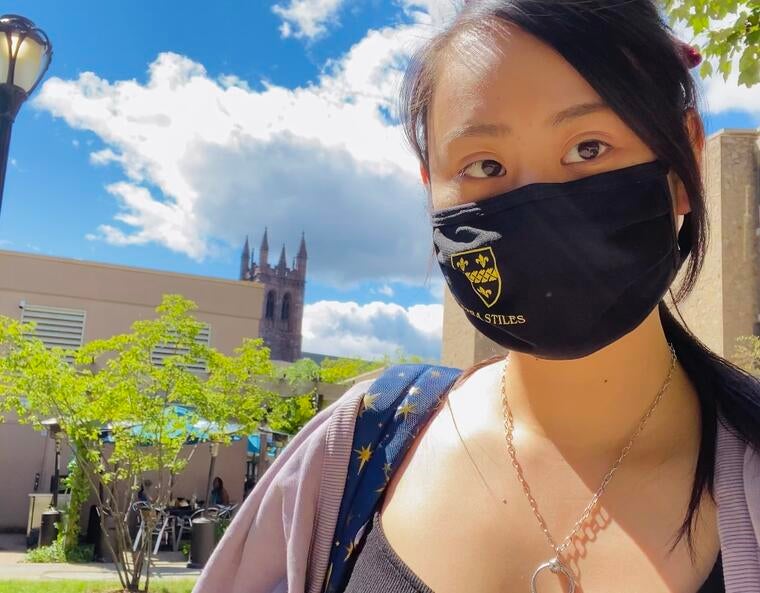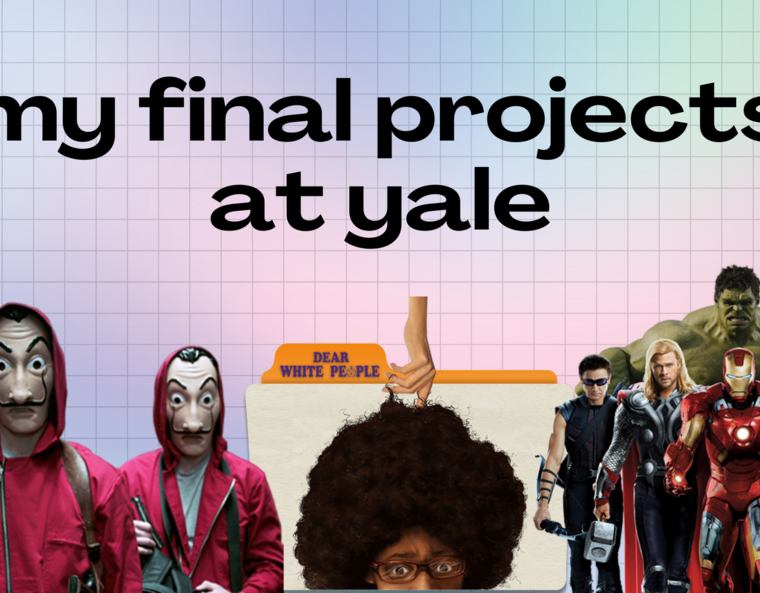
One of my favorite classes this semester was Race and Comedy, taught by Professor Laguna. For our final paper, he told us we could write about anything, as long as we investigate the intersection of race, ethnicity, representation, and cultural forms. My fellow classmates submitted proposals ranging from an analysis on the Borat franchise to comedy incongruity theory. I wanted to do something a little different.
“I’d like to write a sitcom pilot,” I said to Professor Laguna during office hours. I told him I wasn’t trying to get out of work, but that I’d be a thousand times more invested in the final project because I plan on entering the entertainment industry and become a TV writer.
He raised his eyebrows and said, without missing a beat, “I know you’re not trying to get out of work. In fact, you know this will be more work for you. Go for it.”
And with that, one of my final projects in my undergraduate career will be a sitcom about an Asian American dad who attains the superpower to end racism.
This is one of the things I’ve loved most about my time here at Yale: the intellectual freedom I’ve been granted in my studies. I’ve had opportunities to explore subjects I’m passionate about that are not considered traditional academic fodder. I’m a huge cinephile, and though I’ve taken a total of zero classes about film, I’ve tackled academic topics through analyzing my favorite movies and TV shows in many of my final essays. The title of my classes and what I wrote about in my papers are listed below:
American Fascism: an investigation of whether or not superheroes can be construed as fascist figures in the fictional societies of the Marvel Cinematic Universe
White America: an analysis of how whiteness manifests itself through privilege, liberalism, and cultural appropriation in the film Dear White People
Comparative Ethnic Studies: an evaluation of how Dear White People functions like a survival guide for students positioned against the workings of a neoliberalist university, and what protest strategies it offers viewers
Movement, Memory, & Settler Colonialism: a comparative study on adaptations of J.M. Barrie’s Peter Pan, and how the structures of Neverland belie racist ideologies of the times
Performances of Resistance: a dive into how the Netflix show La Casa de Papel engrains its ideological stance of anticapitalism and antiestablishment through plot points, character development, and production design.
I’ve turned in final projects that don’t take the traditional form of a written essay. For example, for my class Critical Refugee Studies, I produced a poetry compilation composed of original poems and black-out poems (blacking out words in newspaper articles to create a poem, as pictured below). My finals for both my West African Dance class and my Stage Combat class involved presenting original dance or fight choreography to the class. A section for my Ethnicity, Race, and Migration major thesis was primarily visual, featuring pictures of Malay food (I wrote about political identity formation in Malaysia, my birth country, through the lens of national cuisine). And of course, my thesis for my Theater and Performance Studies major took the form of a theatrical production, which you can read about here and here.
Looking back at my four years here at Yale, I feel so lucky to have been able to explore such critical topics through creative approaches and an array of different mediums. Certainly, these projects were juggernauts, worthy of academic study and demanding a lot of intellectual work, resulting in many late nights and coffee shop hours spent grinding away. But the fun of creation balanced it out, and ultimately I’m proud of all the work I’ve produced at Yale.
